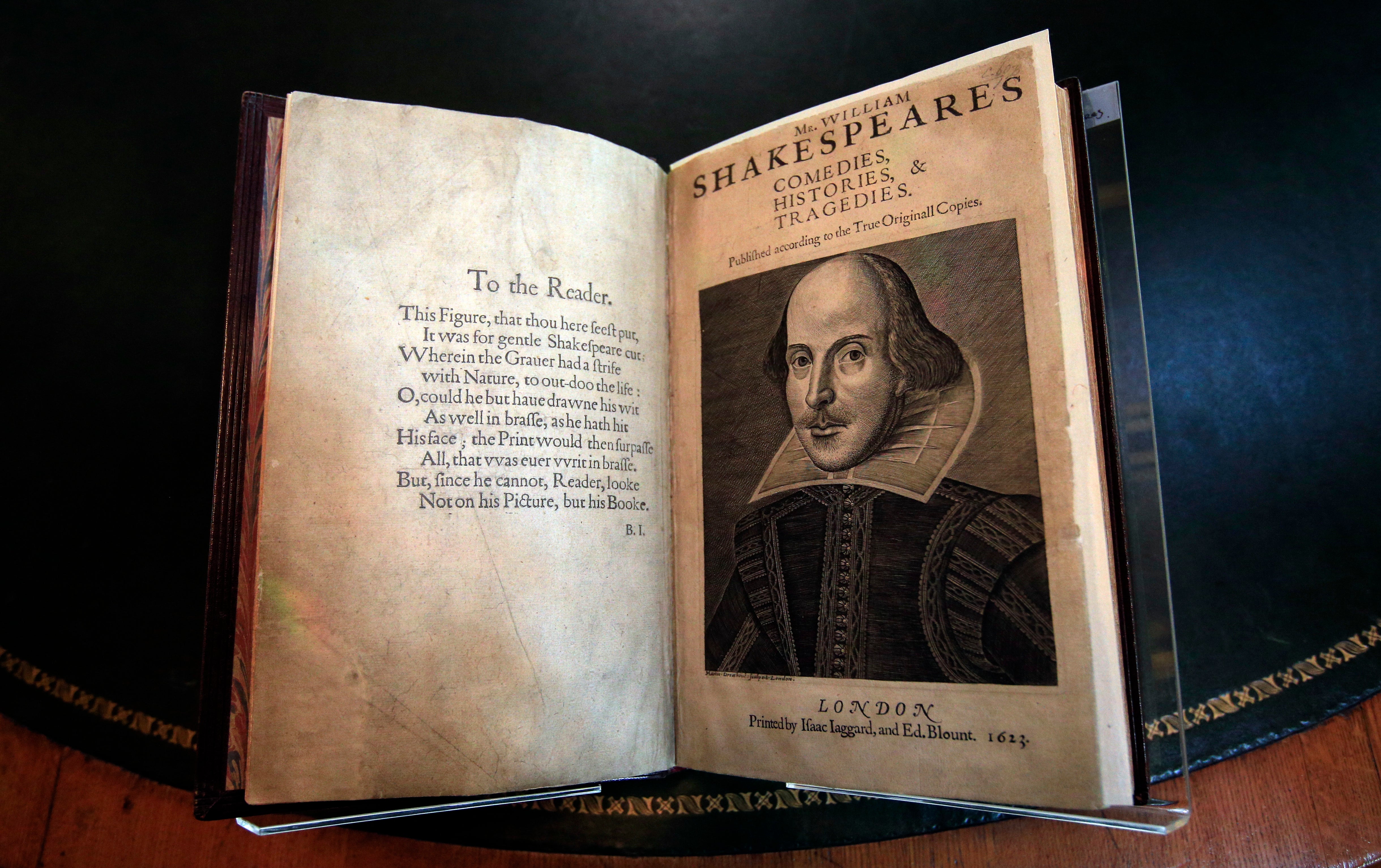Up to a third of Shakespeare’s plays ‘may have been co-authored’
Experts have long suspected the Bard collaborated on a number of projects, and new methods are revealing how much this might have been the case.

Your support helps us to tell the story
From reproductive rights to climate change to Big Tech, The Independent is on the ground when the story is developing. Whether it's investigating the financials of Elon Musk's pro-Trump PAC or producing our latest documentary, 'The A Word', which shines a light on the American women fighting for reproductive rights, we know how important it is to parse out the facts from the messaging.
At such a critical moment in US history, we need reporters on the ground. Your donation allows us to keep sending journalists to speak to both sides of the story.
The Independent is trusted by Americans across the entire political spectrum. And unlike many other quality news outlets, we choose not to lock Americans out of our reporting and analysis with paywalls. We believe quality journalism should be available to everyone, paid for by those who can afford it.
Your support makes all the difference.Up to a third of William Shakespeare’s plays may have been co-written by another author, analysis of the writing suggests.
Experts have long suspected the playwright collaborated on a number of projects, and new methods are shedding light on how much this might have been the case.
The data reveals that plays like Titus Andronicus and Pericles may have be co-written by George Peele and George Wilkins respectively.
Others may have been started by other authors and finished by Shakespeare.
For example, according to the analysis some of the earlier scenes of Henry VI, Part 2 were probably kicked off by Christopher Marlowe.
Measure For Measure was adapted by Thomas Middleton after Shakespeare’s death, as was Macbeth, but there is no original unadapted version for the latter.
He's not off on his own thinking hard with that big dome head full of ideas. He is that, but he's also engaged with other writers
Speaking at the British Science Festival in Leicester, Professor Gabriel Egan, from De Montfort University, said his analysis suggests Shakespeare may have written a lot more than previously thought, but added that some of what was thought to have been written by him was not.
He suggested that Shakespeare had a hand in 43 plays, and 14 were co-authored.
Prof Egan said: “He is a much more sociable writer than we ever thought.
“He’s not off on his own thinking hard with that big dome head full of ideas.
“He is that, but he’s also engaged with other writers.
“That’s the key point, he must have actually, working in the theatre, read other people’s work, and in many cases, sat with them and said ‘let’s do a play’.
“That isn’t a model of a sociability that I grew up with and I learned as a student, it’s something we’ve discovered about his engagement in the theatre industry.”
Using computer models, the researchers looked at the use of function words like “and”, “of” and “the” in classic texts to attribute specific writing styles and patterns to specific authors.
Prof Egan found that the distinct fingerprint of many other authors exists in Shakespeare’s work.
He was most surprised to discover how much of the three Henry VI plays were not written by Shakespeare.
Prod Egan said: “This is a fairly new discovery, that they are co-authored – there’s no external reason to think so.
“There’s no sense. With other plays like Two Noble Kinsmen, it says on the title page ‘by John Fletcher’.
“It is quite a surprise that those (Henry VI) are co-authored.
“Something like a third of plays by Shakespeare are in fact collaborative plays.
“Attempts to refute that conclusion collapse upon close investigation by experts.”
He added that some people are “very fond” of their image of Shakespeare as a “lone genius” and do not like to think of his famous lines as having been written by someone else.